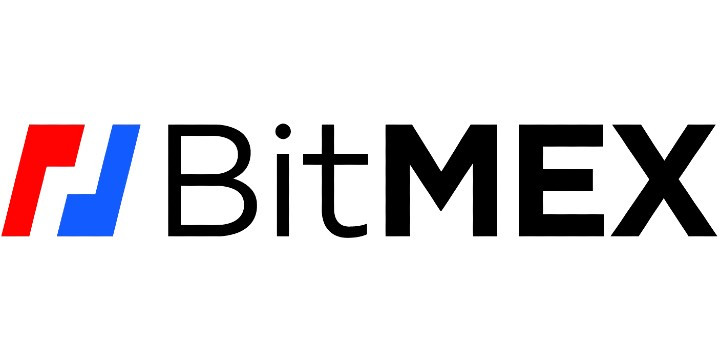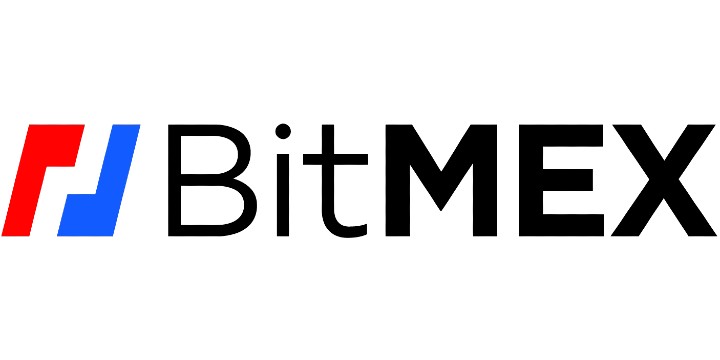Bitmex Review | All You Need To Know In 2022

HDR Global Trading Limited owns and operates BitMEX.com, a Bitcoin mercantile exchange-based cryptocurrency derivatives trading platform that allows investors to access global financial markets. Its platform offers a comprehensive API and supporting tools. The company also offers a sandbox testing exchange for new users to practice placing, executing, and cancelling orders of various order types and sizes. HDR Global Trading Limited was founded in 2014 and is based in Hong Kong.
It is not recognized as a financial entity in many regions because regulations for this kind of platform simply don’t exist. They are registered on the Seychelles. This doesn’t inspire confidence, but this exchange has built up a reputation online that makes you think it is at least worth a try. Account balances and all movements of digital assets within the exchange are measured in Bitcoin. You can also trade in Cardano, Bitcoin Cash, Ethereum, Litecoin and Ripple but for the sake of simplicity, I will focus on margin trading Bitcoin.
Since it was founded in 2014. BitMEX has not experienced any major hacks. This is a positive sign, but no guarantee of future stability.
BitMEX Registration
All you need is an email address to register with BitMEX. Once you have created your account, return to the login screen to progress to the main page of the exchange where you will do all of your trading.
Overview of How Margin Trading Works on BitMEX
Margin trading lets you leverage your assets as collateral to get a loan from an exchange. Essentially you can trade with more capital than you actually have. The exchange is willing to lend you money but only if they can take your digital assets if you default on that loan. They do that once the asset decreases in value past a liquidation threshold. At first glance it seems very unsustainable. How can you leverage $1000 for $10,000? This has to be a scam right? Rest assured they aren’t hiding the fact that the price can go down a little bit, and you can lose a lot of money. The exchange makes lots of money. It is to their economic advantage to collect value on digital assets. “Peer-to-peer crypto contract trading platform BitMEX has notional daily trading volume of more than $US1 billion.” BitMEX charges fees of 0.05% for trades placed on its platform. In an interview with Business Insider, Arthur Hayes claims revenues in excess of $US500,000 per day.
“BitMEX lets users trade Perpetual Contracts it is a product similar to a traditional Futures Contract in how it trades, but does not have an expiry, so you can hold a position for as long as you like. Perpetual Contracts trade like spot, tracking the underlying Index Price closely. It achieves this via the mechanics of a Funding component.”
There are two main types of trades: short and long.
- You short an asset when you aren’t confident in it. (You think its price is going down)
- You long an asset when you are confident in it. (You think the price is going up)
To make this all clearer, look at this trade. For $10 worth of Bitcoin I can buy $100 worth of Bitcoin at 10xs leverage. If the value of Bitcoin increases by 10%, I will make $10, essentially 100% initial investment. If the value of Bitcoin goes down 10%, for this financial agreement to remain symmetrically for every 1 dollar increase in price I make 10x return on initial investment and for every dollar decrease i lose 10xs. If I lose my initial investment, the bank will liquidate my assets and keep all my Bitcoin.
It is very similar to a CFD agreement or trading on futures, but there is no set date for settling the contract. It can continue indefinitely. You have just entered into an agreement to honor the open and close price of the loan when the contract is settled.
To have a service like this available to individuals instead of institutions is a reflection of the financial disruption that is coming.
The more you mess around with it, the more you realize this is a gameified system and not vapor ware. I encourage you to have a mess around on the test net: https://testnet.bitmex.com/app/trade/XBTUSD
The immutability of the blockchain have made it possible for people to own digital asset. This is really the next frontier of that. Leveraging digital asset is only possible because we can tie them to private keys, but cryptocurrency’s popularity and the confidence in Bitcoin’s price are just as important in this kind of game.
Contracts like this are how money works all over the world. Banks have lines of credit to invest with, and they have license to send and invest more money than they have. It comes with much higher risk and much higher reward. The index price is based on actual exchange spot prices connecting Bitcoin to world markets in a brand new way.
This is what an order looks like. Here I have only adjusted the wager. It is a little confusing but the same 100 contracts are still purchased. What changes is how much USD you need to pay to get them. 0.0005 Bitcoin is a 25th of the order value. Leveraging a little over $5 for 0.0124 BTC.
Here you can see I have a hundred contracts leveraged to a value of 0.0123 Bitcoin $100 at 25xs margin. Bitcoin went up a little, and I saw a 20.32% increase on my initial investment. Any price rise is going to be reflected as massive returns but as you can see, if the price goes down to 7777.5, which in isolation is as likely an occurrence, this trade will liquidate.
It is also worth noting that the Mark Price is lower or higher than the current price of Bitcoin. BitMEX employs a unique system called fair price marking to avoid unnecessary liquidations in its highly leveraged products. Without this system, unnecessary liquidations may occur if the market is being manipulated, is illiquid, or the Mark Price swings unnecessarily relative to its Index Price. The system is able to achieve this by setting the Mark Price of the contract to the Fair price instead of the Last Price.
For Perpetual Contracts, the Fair Price is equal to the underlying Index Price plus a decaying Funding basis rate.
For Futures Contracts, the Fair Price is equal to the underlying Index Price plus an annualized Fair Value basis rate, known as the % Fair Ba.
What Fees Does BitMEX Charge?
When you enter into a Perpetual Contracts, such as XBTUSD, the funding is exchanged between longs and shorts over discrete Funding Intervals. In your Trade History a positive amount means you paid funding for that Funding Interval; a negative amount means you received funding. BitMEX does not charge any fees on funding paid or received. It does however charge fees for setting up trades. There is a maker and takers fee.
Maker fees are paid when you add liquidity to the order book by placing a limit order below the ticker price for buy, and above the ticker price for sell. Taker fees are paid when you remove liquidity from the oder book by placing any order that is executed against an order on the order book.
Here are the fees for perpetual contracts

Here are BitMEX Settlement Fees

BitMEM Withdrawals and Deposits
BitMEX does not charge fees on deposits or withdrawals. When withdrawing Bitcoin, the minimum Bitcoin Network fee is set dynamically based on blockchain load and can be viewed on the Withdrawal Page. There are a lot of posts complaining that fees were over $100, but this was when the value of Bitcoin was hyper inflated. When the Bitcoin network is congested, you have to pay high fees to have miners even look at your transactions. When I did my Withdrawal from BitMEX is was $30, which is still really high considering current volumes.

Deposits are as simple as sending Bitcoin to the wallet address and QR code that is given on the Deposits page. The time is takes to show up on you BitMEX account is dependent on the fee you paid to send it, and the congestion on Bitcoin’s network.
Bitmex Team
The founding team at BitMEX consists of best-of-class professionals in finance, web development, and high-frequency algorithmic trading. It was started by Arthur Hayes, Samuel Reed and Ben Delo. Samuel Reed and Ben Delo are both developers. Arthur Hayes was the head trader of Citi’s Asian ETF offerings, he also traded index forwards, index swaps, and custom baskets. Prior to that, Arthur was an Associate and trader at Deutsche Bank for 6 years. Ben Delo also worked as an analyst for GSA capital for three years. It stands to reasons he would know a decent bit of finance.

